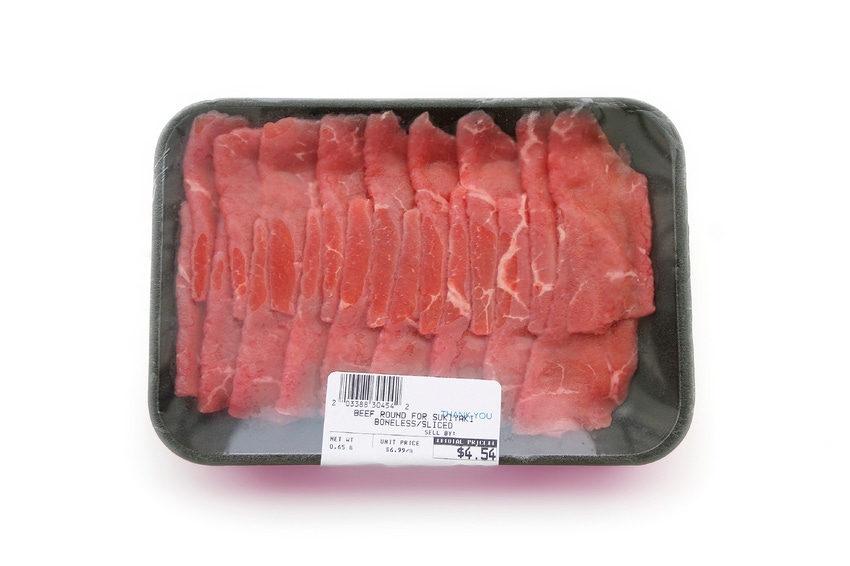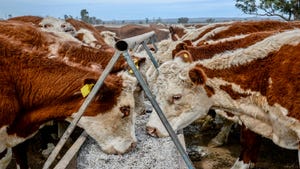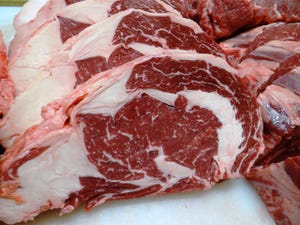COOL loses…again
The House Agriculture Committee approved legislation to repeal mandatory Country of Origin Labeling a day after the World Trade Organization's Appellate Body ruled against it once again, in favor of the complaint brought by Canada and Mexico that COOL violates U.S. international trade obligations by discriminating against livestock from Canada and Mexico, adding costs and burdens to cattle solely based on their origin.
May 23, 2015

“The WTO (World Trade Organization) has been clear—the United States administration must end its discriminatory country of origin labeling (COOL) policy that is causing hurt to beef and pork industries on both sides of the border,” said Canadian Agriculture Minster Gerry Ritz on Tuesday. “Our government is now seeking authority from the WTO to impose retaliatory measures against United States exports. We will continue to defend the interests of our cattle and hog sectors while protecting all hardworking Canadians through this process.”
This was a day after the WTO’s Appellate Body ruled against the U.S. country of origin labeling (COOL) rule for meats, upholding the compliance panel’s report.
Ruling initially in 2011 on a complaint by Canada and Mexico, the WTO found that the U.S. COOL rule violates U.S. international trade obligations by discriminating against livestock from Canada and Mexico, adding costs and burdens to cattle solely based on their origin.
Canada and Mexico are two of the top three export destinations for U.S. beef, accounting for over $2 billion in sales and nearly one-third of total U.S. beef exports.
A broad list of U.S. commodities that could be impacted by Canadian trade retaliation includes beef, pork, wine, cherries, pasta, corn, office furniture and mattresses.
House Agriculture Committee Chairman Mike Conaway (R-Texas) introduced legislation (H.R. 2393) to repeal COOL on Tuesday. The House Agriculture Committee approved the legislation the next day by a bi-partisan vote of 38 to 6.
“Some will say we need to keep waiting until retaliation has commenced before we consider our next step,” Conaway explained in opening remarks to the House Agriculture Committee. “That is not something I am willing to do. We know we face retaliatory sanctions that could have effects in the billions of dollars. Regardless of the amount, we cannot sit back and let American businesses be held hostage to the desires of a small minority who refuse to acknowledge that the battle is lost.”
You might also like:
Q&A: Nutrition author says dietary recommendations are shockingly unscientific
Don't bid away future profits by overpaying for cows
About the Author(s)
You May Also Like





